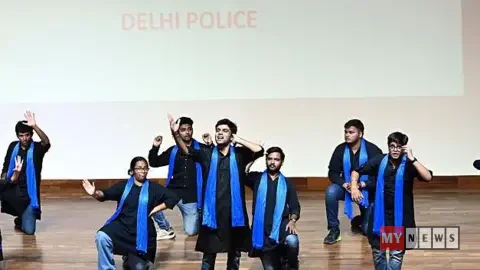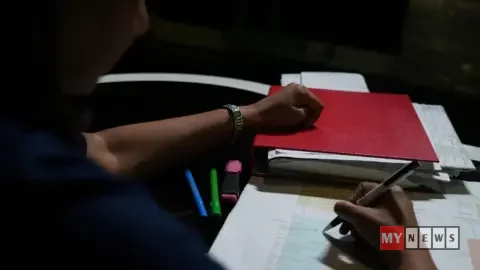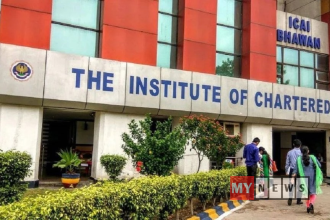Anjali*, an Indian woman, says her nightmare began with a phone call last September that would cost her ₹58.5 million ($663,390). The caller claimed to be from a courier service, alleging Mumbai customs had seized a drug parcel she was sending to Beijing.
Over five days, scammers kept her under near-constant surveillance via Skype, threatening her and pressuring her to liquidate her savings. “After that, my brain stopped working. My mind shut down,” she recalls. By the time the ordeal ended, her savings were gone, and her confidence shattered.
The scam, known locally as a “digital arrest” fraud, has surged across India, prompting government campaigns on TV, radio, and newspapers, along with the blocking of nearly 4,000 Skype IDs and over 83,000 WhatsApp accounts linked to the fraud.

Anjali alleges that failures at major banks worsened her loss. She transferred ₹28 million on 4 September and another ₹30 million the next day through HDFC Bank, but says no alerts were raised despite the sums being 200 times higher than her usual transactions. HDFC dismissed her allegations as “baseless,” stating the transactions were authorised and reported to the bank after a delay. India’s banking ombudsman also closed her complaint, citing rules that make customers responsible if fraud is deemed their mistake.
Her funds first moved into an ICICI Bank account held by “Mr Piyush,” whose balance was minimal before receiving the transfers. Police investigations revealed that multiple accounts at Sree Padmavathi Cooperative Bank—most with fictitious details—were used to launder the funds. Former director Samudrala Venkateshwaralu has been jailed for allegedly opening these “mule accounts.”

Legal experts say banks have a duty to monitor unusual account activity. Lawyer Mahendra Limaye, representing Anjali and other victims, claims banks indirectly abetted the losses by failing in due diligence and protecting customers’ money.

More than a year after the fraud, Anjali has recovered just ₹10 million and faces additional challenges, including paying taxes on the stolen investments. Her case is now before India’s top consumer court, which has admitted her complaint of “deficiency of services” against the banks, with hearings scheduled in November.
*The victim’s name has been changed for privacy.













